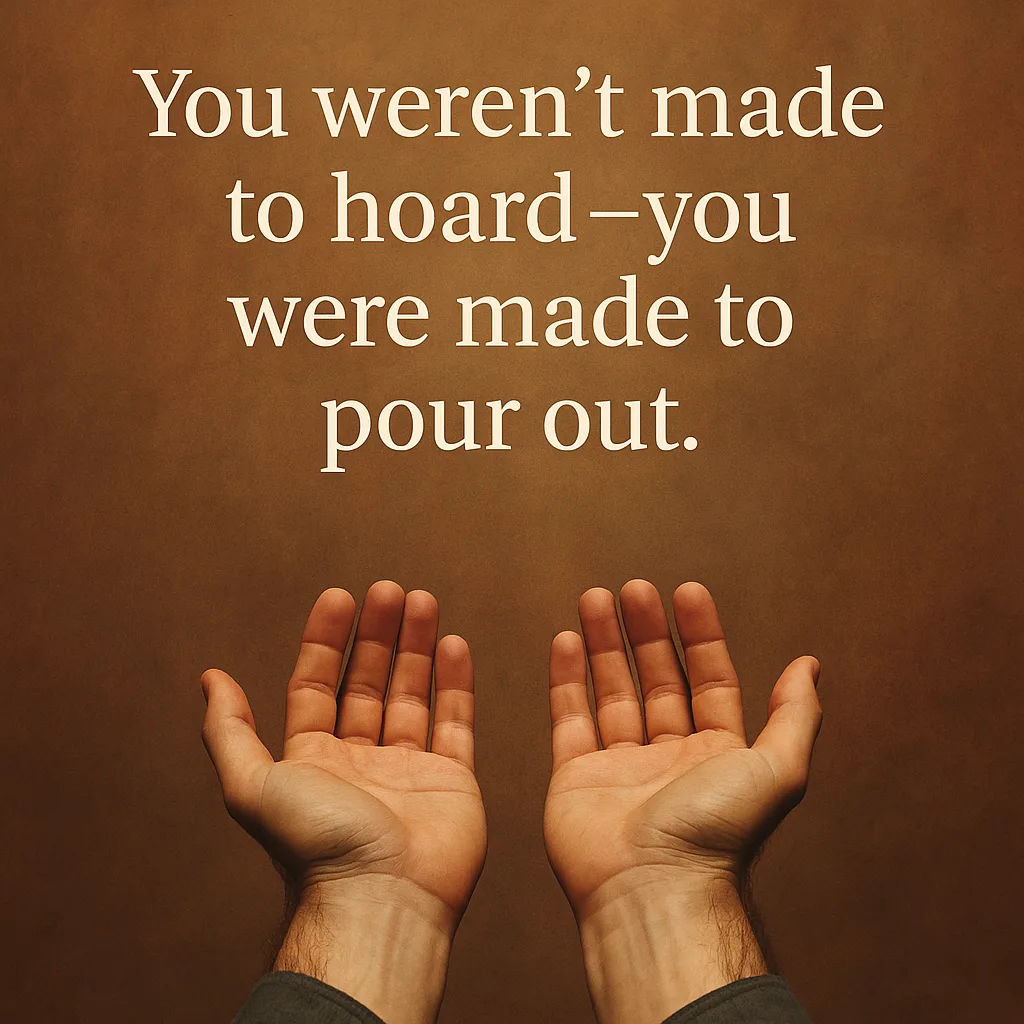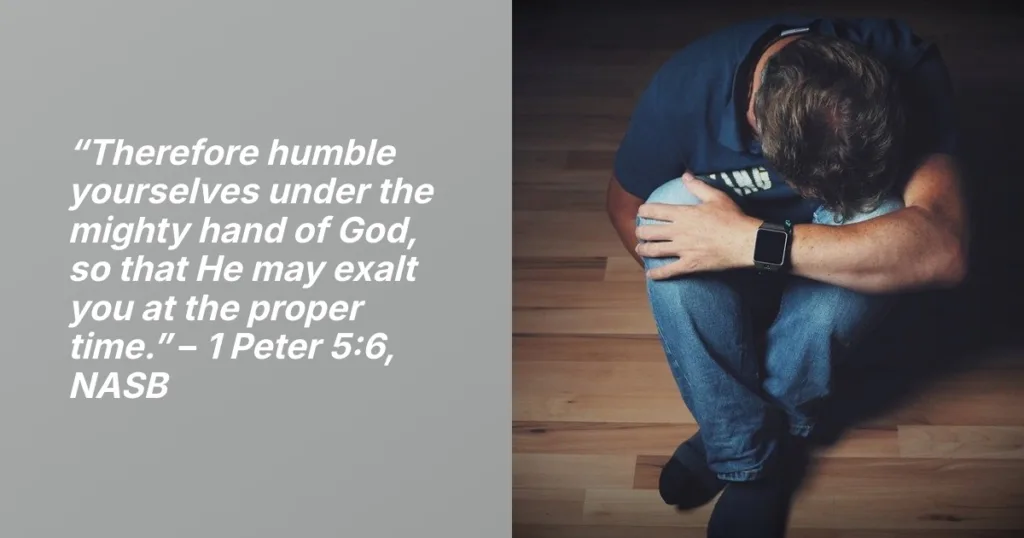Winning the Battle Against Anxiety
Article 12 in the 12-part series on Overcoming Sin
Beloved, the storm is real—but so is the anchor. The waves of anxiety crash with fury in this generation. Fear of the future. Pressure to perform. Thoughts that spiral in the silence of night. But hear this: you were never meant to be ruled by fear. You were made to be anchored in peace.
This is not the peace the world offers—temporary, shallow, and easily broken. This is the peace that flows from El Shalom, the God of peace Himself. This peace surpasses understanding, guards your heart, and anchors your soul through every storm. It does not come from circumstance. It comes from presence—the presence of God.
The Battle Begins in the Mind
Anxiety is more than emotion—it is war. A spiritual battle that begins with a whisper: “What if…?” and ends with sleepless nights and restless hearts. But God does not leave you helpless. He gives you truth, the sword of the Spirit, to cut through every lie.
“Do not be anxious about anything, but in everything by prayer and pleading with thanksgiving let your requests be made known to God. And the peace of God, which surpasses all comprehension, will guard your hearts and minds in Christ Jesus” (Philippians 4:6–7, NASB).
This is not denial of reality—it is defiance of fear. It is not pretending the storm isn’t there—it is choosing to trust the One who walks on water.
Peace is a Person
To win the battle against anxiety, you must know this: peace is not a feeling—it is a Person. “He Himself is our peace” (Ephesians 2:14, NASB). The closer you draw to Yeshua, the more the chaos around you loses its power.
He does not promise a life without storms. He promises His presence in them. He does not silence every wave—but He still speaks, “Peace, be still,” and it still holds authority over wind and water (Mark 4:39).
You will not find peace in control. You will not find it in explanation. You will only find it at His feet.
The Anchor and the Drift
Picture a small boat on open waters. The sky darkens. The wind rises. Without an anchor, the boat drifts—farther and farther until it cannot find its way home. But the one who drops anchor early remains steady, even when the sea rages.
“This hope we have as an anchor of the soul, a hope both sure and reliable and one which enters within the veil” (Hebrews 6:19, NASB). You have an anchor that reaches into the very presence of God. His promises are secure. His covenant is unbreakable. You do not need to drift.
Drop anchor, hold fast to the Word, press in through worship, and speak the truth out loud until your heart believes it again.
How to Stay Anchored in Peace
- Name your anxieties. Don’t hide them—bring them into the light before God.
- Pray with thanksgiving. Gratitude shifts your focus from fear to faith.
- Meditate on truth. Fill your mind with God’s promises, not the enemy’s predictions.
- Rest in His presence. Don’t rush. Sit quietly before Him. Let peace be planted.
- Speak peace aloud. Declare God’s Word over your life daily. Let your tongue lead your heart.
This is not a one-time victory—it is a daily rhythm. But whenever you choose truth over fear, worship over worry, trust over control, you win. You are walking free. You are becoming who you were always meant to be: anchored in peace.
Prayer:
Prince of Peace, I come to You with my fears, restless thoughts, and weary soul. I confess I have tried to carry what only You can hold. Forgive me. Speak peace over my mind. Guard my heart. Be the anchor that holds when everything around me shakes. I trust You—not because I see the outcome but because I know who You are. Keep me near. Keep me still. Keep me anchored. In the name of Yeshua, amen.
⸻














